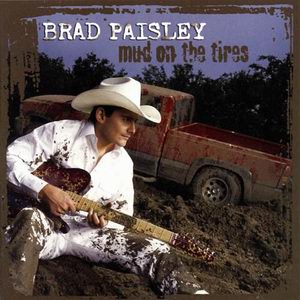
What does work mean? Is it enough to put in a day’s work, or should our labours express some better purpose? As I suggested in Part I, thinking about the meaning of work is inescapable.
It wasn’t something poets did for a long time. Only in the nineteenth century do we find poems explicitly about working lives—and perhaps obviously so. That was an age of both the drudgery of factory work and the rise of a class of people who could choose which work they wanted to do. It’s funny how choice brings about anguish. And with anguish, of course, comes poetry.
Samuel Taylor Coleridge wrote about the soul-sucking nature of work without purpose. For him,
Work without hope draws nectar in a sieve,
And hope without an object cannot live.
Being a Romantic guy, he contrasted his own inability to do good work with nature's natural humming rhythm of labour: bees stirring, brooks flowing, and birds flying. Nature is always at work, renewing itself. Humans are never so purposeful (at least not all the time). As nineteenth-century architecture critic John Ruskin remarked in “The Nature of Gothic,” “the mass of society is made up of morbid thinkers and miserable workers.”
Part of Ruskin’s project was to bring moral purpose to work—to combine morbid thoughts with miserable work. Only through work could one think healthily, and only through thought could one work happily. That’s why he loved Gothic architecture so much. It was the perfect combination of artistic imagination and practical masonry. Flying buttresses not only look great, they hold up the wall!
But even by W.B. Yeats’s time, poets were still caught between the choice of working to get by, or working at what matters. In “The Choice,” Yeats ruefully remarks about concessions required by such a decision:
The intellect of man is forced to choose
perfection of the life, or of the work,
And if it take the second must refuse
A heavenly mansion, raging in the dark.
When all that story's finished, what's the news?
In luck or out the toil has left its mark:
That old perplexity an empty purse,
Or the day's vanity, the night's remorse.
Talk about depressing. “Miserable workers” are left scarred, “morbid thinkers” are broke (no surprise there, I suppose), and both are demoralized at the end of it. Can the working life really be so bleak?
A more modern example always makes me feel better. It’s ambivalent, if not downright depressing, but it’s honest. Gary Snyder’s “Hay for the Horses” is a terse poem about an aging farmhand. It reads like a journalistic account of his hard-working morning and is capped off with a little folksy first person:
"I'm sixty-eight" he said,
"I first bucked hay when I was seventeen.
I thought, that day I started,
I sure would hate to do this all my life.
And dammit, that's just what
I've gone and done."
Work life is just like that. It may not be what we want, but it’s what we do. What does it mean? Well, the horses got their hay.




